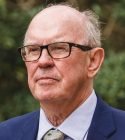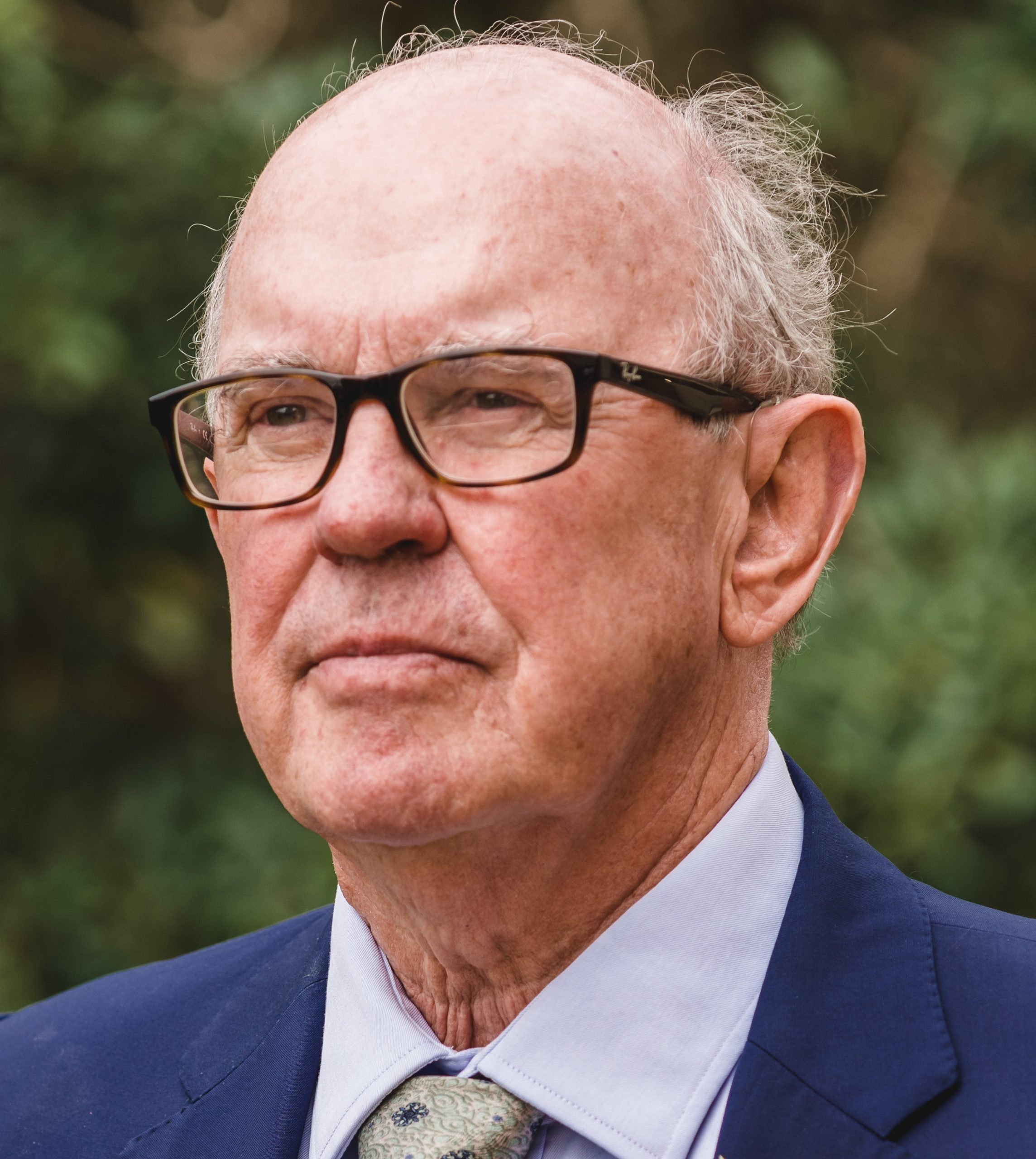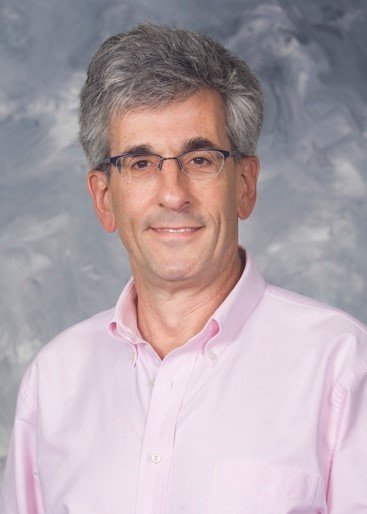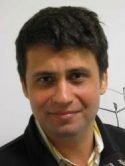Thank you for attending the Boulder Peptide Symposium last November. We are pleased to announce that videos of the presentations from the Symposium are now available to attendees on our website. If you did not attend the meeting, you may purchase access by visiting the video subscription page. A gallery of photos from the event is also available on the website. We look forward to seeing you at BPS 2023 in Napa, September 18 -21, 2023.








